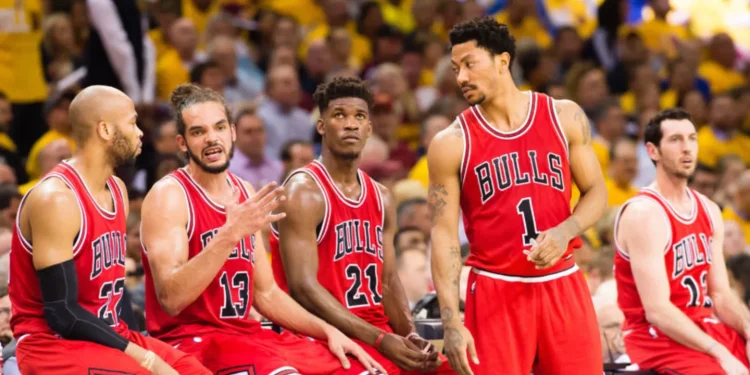Michael Jordan, with his relentless competitiveness and perfect Finals record, has long been the standard against which all other players are measured. The debate over who reigns supreme as the greatest basketball player of all time has fueled NBA conversations for decades.
Meanwhile, LeBron James, with his unrivaled all-time scoring prowess and numerous accolades, continues to challenge that standard. This rivalry, once confined to sports bars and online forums, has taken a surprisingly strategic turn, according to Eric Pincus of Bleacher Report.
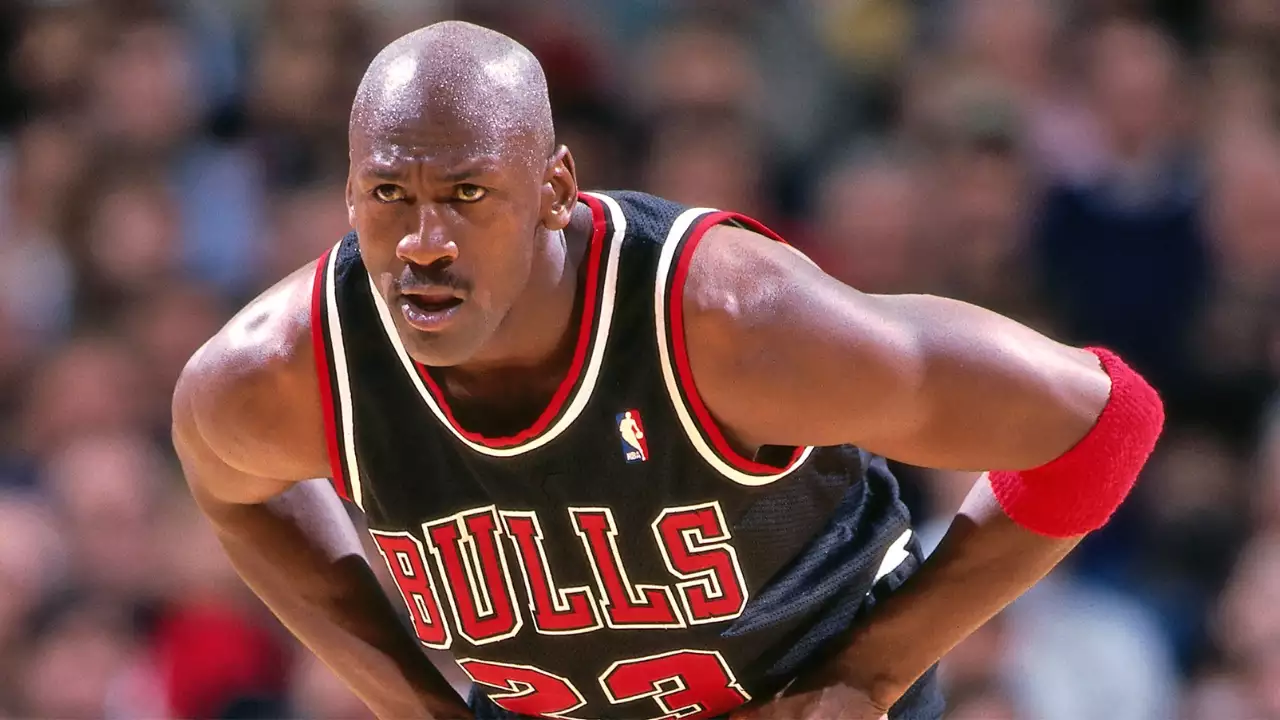
Michael Jordan’s Legacy at Stake
It seems the competitive spirit that drove Michael Jordan has permeated the offices of the Chicago Bulls, particularly that of owner Jerry Reinsdorf. In what could be described as a strategic masterclass or petty vindictiveness, depending on who you ask, Reinsdorf is reportedly refusing to trade with the Los Angeles Lakers.
The motive? To prevent LeBron James from eclipsing Jordan’s legacy. This move, shrouded in the kind of secrecy typically reserved for blockbuster trades, speaks volumes about the lengths to which Reinsdorf will go to protect the storied legacy of his former star player.
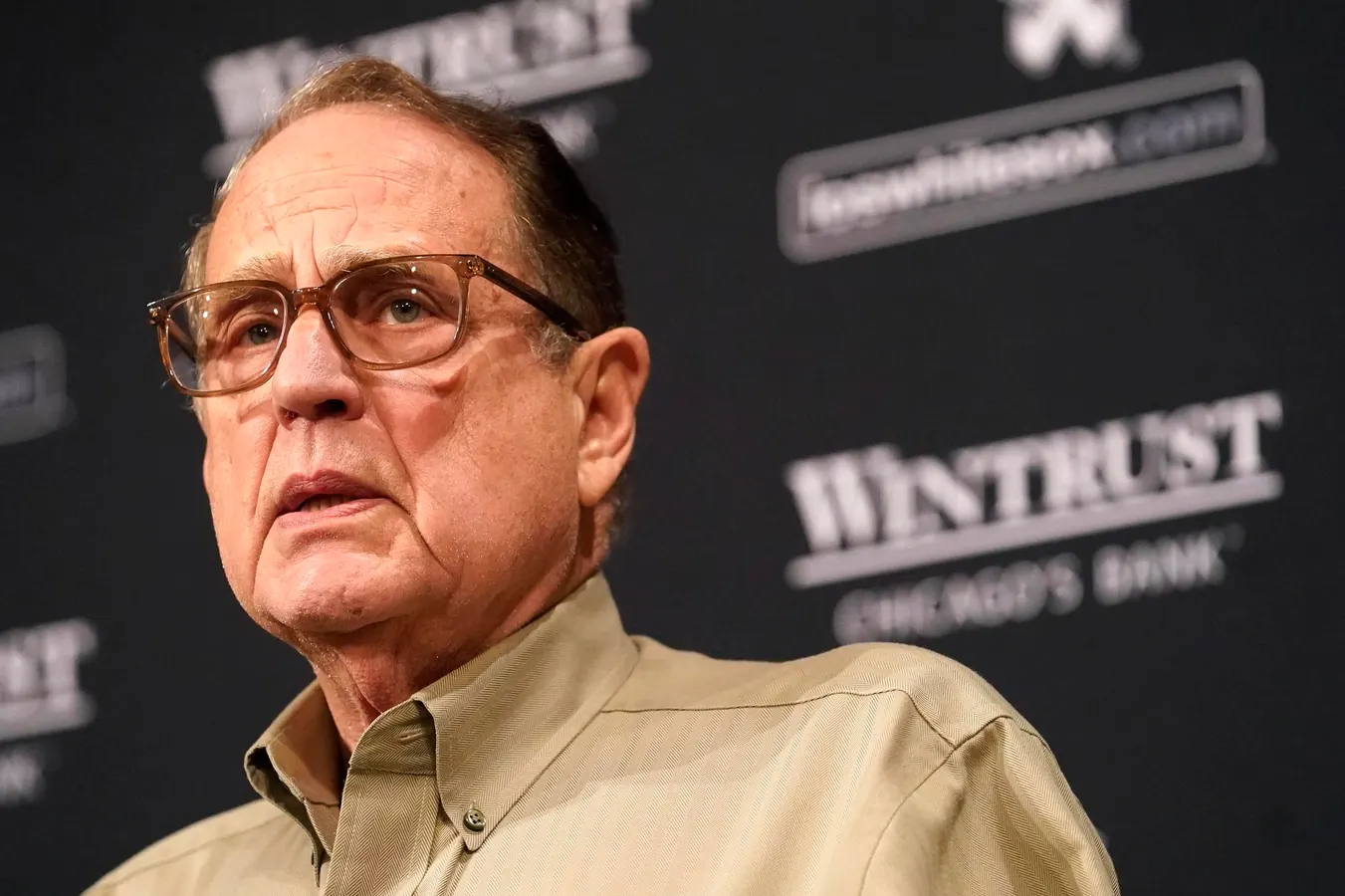
The Impact of Non-Trade Decisions
The implications of such a decision ripple far beyond the personal legacies of Jordan and James. For the Bulls, this means holding onto key players like DeMar DeRozan and Alex Caruso, despite the potential benefits of trading them for fresh talent or draft picks. This decision has kept the Bulls in a state of competitive limbo—good enough to avoid the bottom of the standings, but not quite good enough to make significant playoff noise.
On the flip side, the Lakers, with LeBron at the helm, find themselves continually pushing against the limits of their roster’s capabilities. The absence of a trade deal for someone like DeRozan or Caruso, both of whom could have provided much-needed support to LeBron and Anthony Davis, might have cost them dearly in their postseason endeavors.
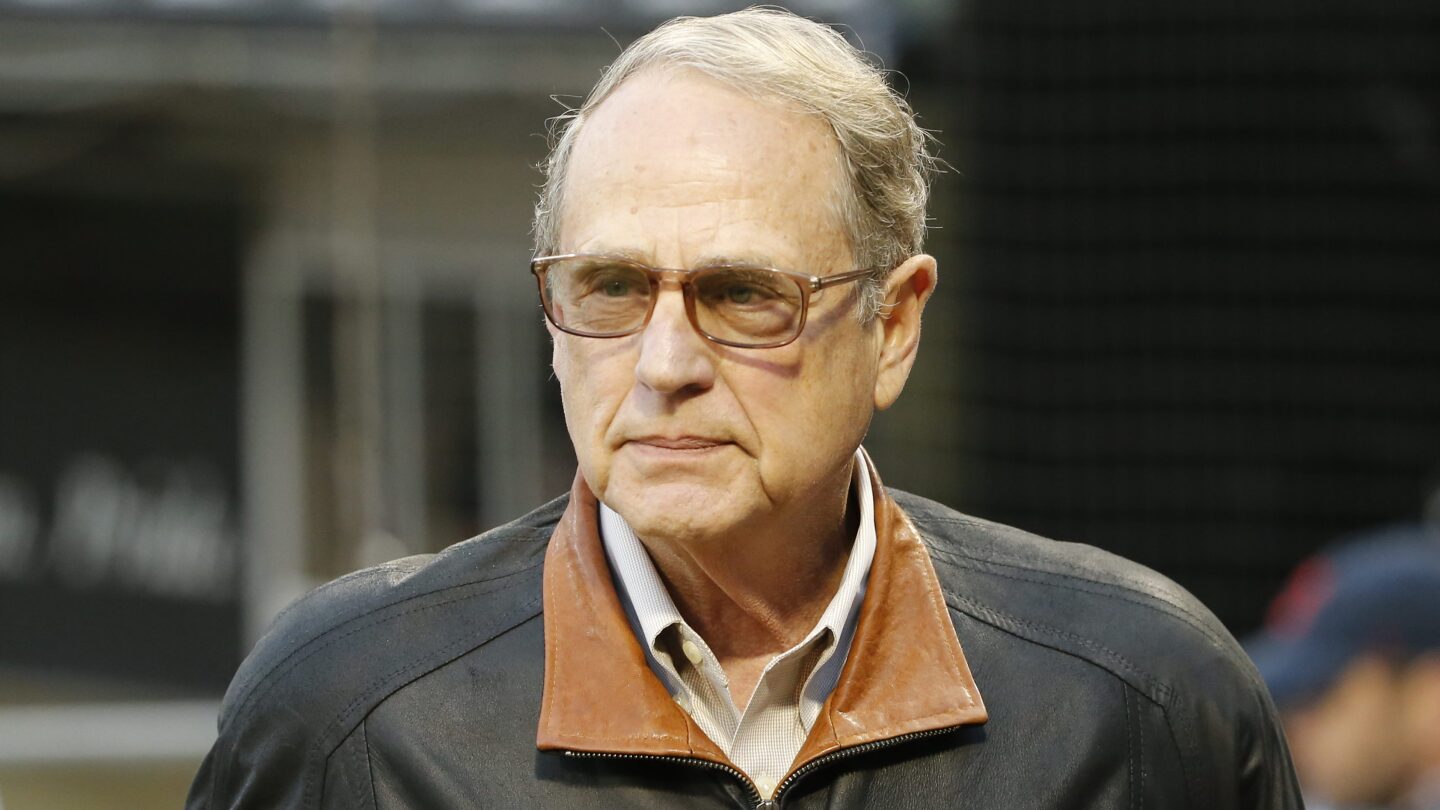
The Reaction: Laughter, Tears, and Criticism
Reinsdorf’s strategy, while controversial, has undoubtedly found favor among Bulls fans and Jordan loyalists, who might see it as a last stand against the changing tides of NBA legacy debates. However, it’s not without its critics.
Some argue that in his quest to uphold the past glory of the Bulls, Reinsdorf may be sacrificing the current and future success of the team. After all, the NBA is a business, and business thrives on growth and adaptation, not just nostalgia.
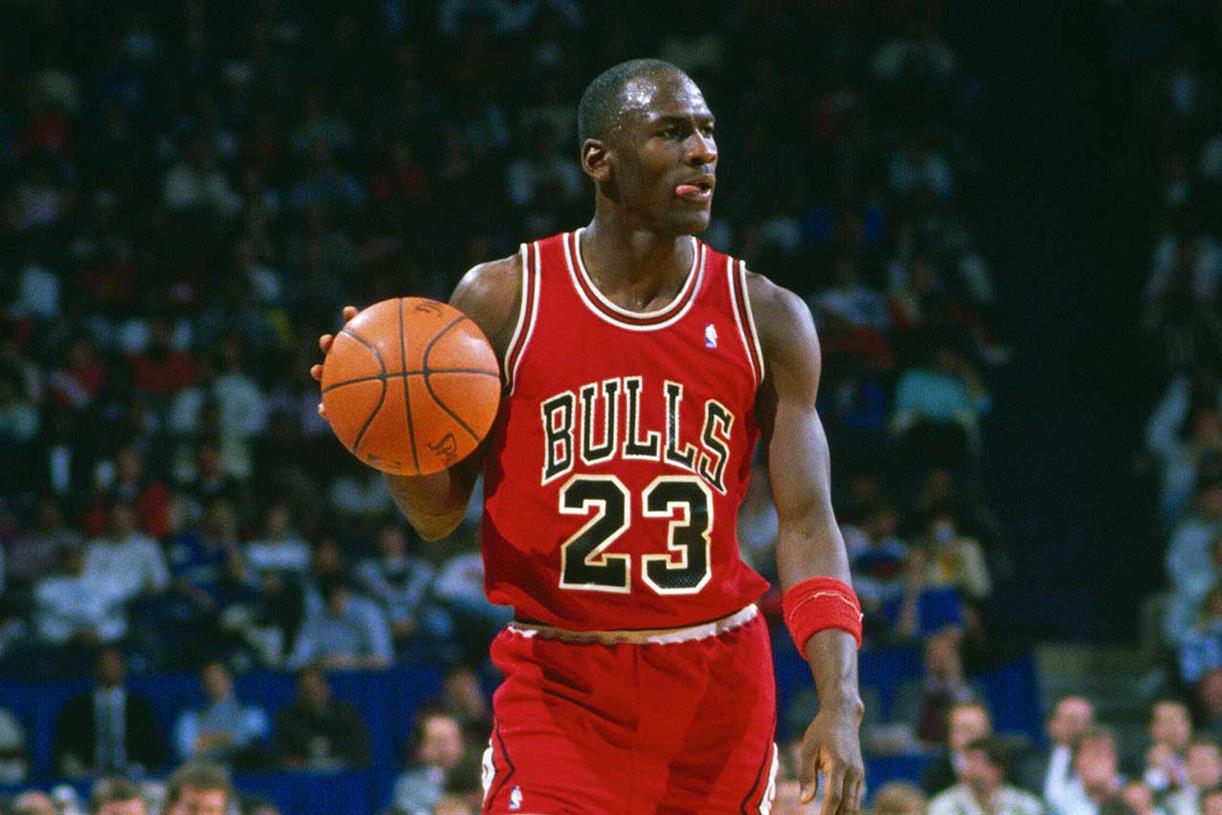
Chicago Bulls’ Next Moves
As the offseason approaches, all eyes will be on the Bulls’ front office. Will they bring DeRozan back, or let him walk? What about Caruso and the rest of the team’s core? While the rest of the league may be busy with trades and drafts, one thing seems certain: don’t expect the Lakers to be on the receiving end of any deals from Chicago.
In a league that’s increasingly characterized by friendly banter and camaraderie, Reinsdorf’s stance is a reminder of the NBA’s fiercely competitive past—a past that, whether for better or worse, continues to shape its future.
In the intricate dance of NBA politics and legacy-building, Jerry Reinsdorf’s maneuver might just be one of the most brilliantly petty—or pettily brilliant—moves we’ve seen. As we watch this saga unfold, one can’t help but wonder whether this strategy will be a footnote in NBA history or a turning point in the age-old debate of who is truly the greatest of all time.
Source: Fansided


